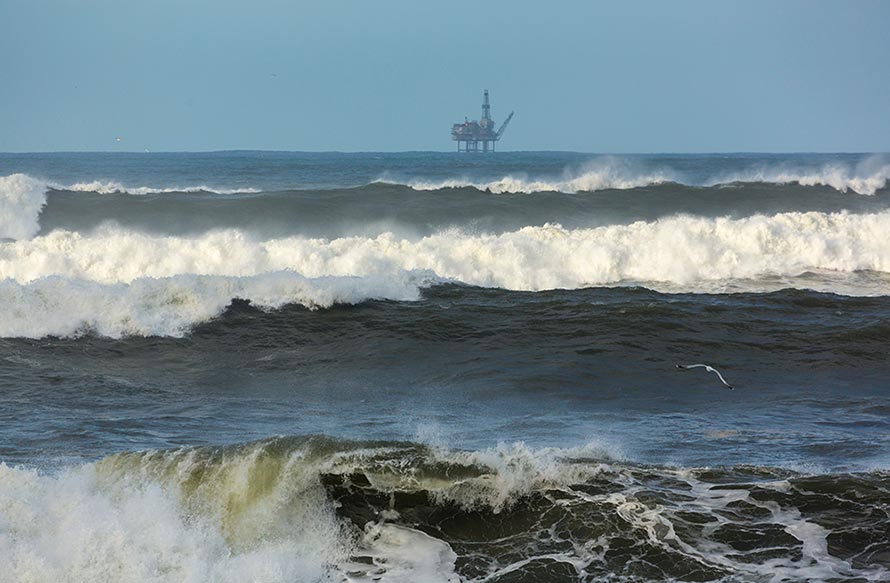Living and working in a coastal community has many benefits. For starters, the views are great, sparkling beaches, and unforgettable sunsets. Many say the sound of the waves brings them a sense of tranquility and calm. And some believe that being on the coast has natural health benefits, thanks to the fresh sea air.
But coastal areas can have their challenges. Take saltwater spray corrosion. The HVAC units of these regions take a beating because of it. In fact, according to The National Association of Corrosion Engineers (NACE), the leading corrosion control organization, corrosion is one of the largest single costs in the US economy.

Let’s go over some of the challenging scenarios HVAC units contend with in coastal areas:
But the good news is we are here to help with various coatings to combat saltwater spray corrosion. In fact, NACE estimates that companies could save 15 – 35% of their corrosion costs by implementing corrosion control measures.
Check out our coatings that fight the battle against saltwater spray:
Air-dry coatings are protective coatings that cure and dry at room temperature without adding heat.
HereShiled, Heresite’s water-based air-dry coating is excellent for corrosion resistance, UV resistance, and combatting weathering. It offers untouchable durability and salt fog performance. It also boasts plenty of adhesion and flexibility.
This single-component coating is typically applied on the internal and external surfaces of HVAC-R heat exchangers and related equipment. HereShield is specially formulated for marine and saltwater environments. It is splash resistant to a range of acids and inorganic salts.
Epoxy coatings are known in the industry for outstanding adhesion, durability, and resistance to corrosion. These coatings provide a strong, protective layer that endures exposure to harsh environments, like saltwater spray.
Our Heresite ES-606 is a high-performance coating that protects heat transfer equipment and components. This epoxy exhibits excellent corrosion, humidity, and UV resistance.
It is designed to be spray-applied when parts cannot be oven-cured, logistics present challenges, or budgets necessitate spray application. This two-component coating is typically sprayed on internal and external surfaces of HVAC-R heat exchangers and related equipment.
Do you have corrosion by saltwater spray questions? You’re in luck – we have the answers! Call us at 920-684-6646, or send us an inquiry. We’d love to help.